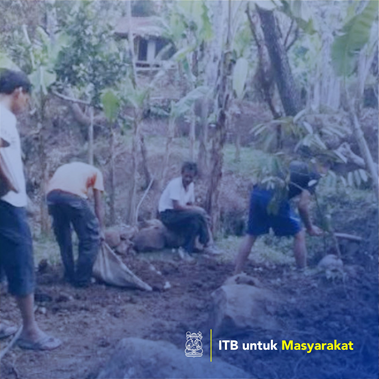

Angga Dwiartama
Current issues in the study of urban development have focused on the economic, social and ecological sustainability of urban management through urban farming practices. Many studies, both in developed (Kortright & Wakefield, 2011) and developing countries alike (Gallaher et al., 2013), have shown that urban farming can and have become one of the solutions for complex city problems. The concept of urban farming circulates around the idea of food self-fulfillment and security on the urban community’s public or individual lands, with a priority on local consumption and economy (Girardet, 1999; Carolan, 2012). However, the dynamics of urban communities make urban farming less than ideal. The community in Kampung Sekepicung, Desa Ciburial, Kecamatan Cimenyan Bandung provides a visible case of this un-ideal condition. People in Sekepicung can be categorized as a marginal community that is now facing the negative impact of urban development, with their productive land pressured by the establishment of new villas, hotels and restaurants in the elite upper Dago area. The main source of income for the majority of people here is unskilled labour, while many of the younger generation prefer to be an ojeg driver. This Community Engagement program aimed at providing training, facilitation and technology-package for the community in Sekepicung in the form of an integrated urban farming system. This would support the community to achieve food security and enhance local economy. The result of this program is an integrated urban farming model on an 800 m2 area, under the principle of agro-ecology and permaculture-inspired mixed cropping. The farming system consists of plots for vegetable cropping (with a priority on red beans, onion leaves and spinach), hutch for rabbits and chickens, fishponds and a mix of banana, lemon, and tree-crops in between. The idea is that manure from rabbits and chickens (and particularly rabbits’ urine) is used as a fertilizer for the vegetable and tree-crops. The weeds are taken as feed for rabbits. In the early stage of its development, fish receives live-feed from phyto-planktons growing in the pond, enhanced by the manure. Later on, the fish will be fed on left-over food and pellets.
Pelaksanaan Kegiatan Kepedulian Sosial berupa pendidikan/penyuluhan/pendampingan
Current issues in the study of urban development have focused on the economic, social and ecological sustainability of urban management through urban farming practices.